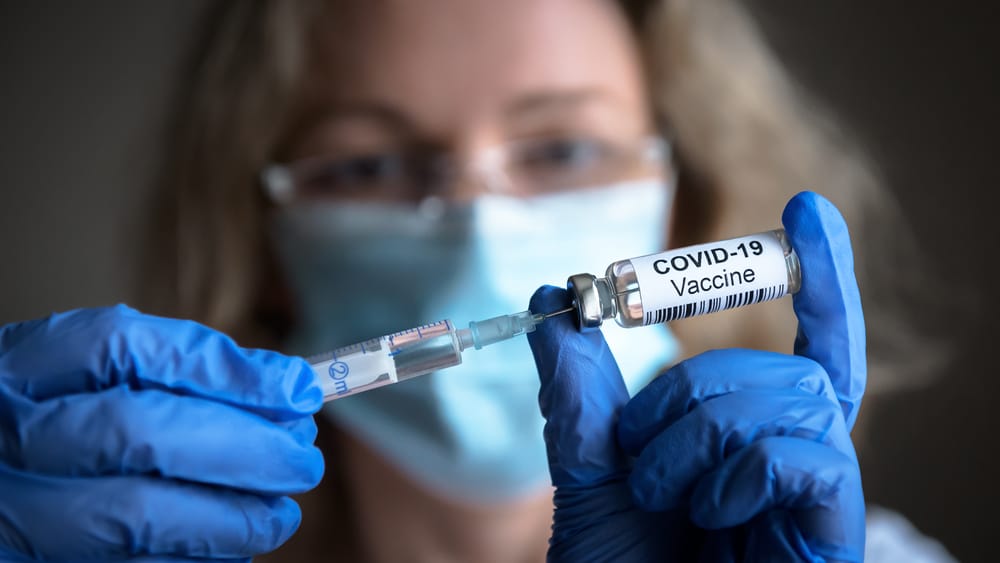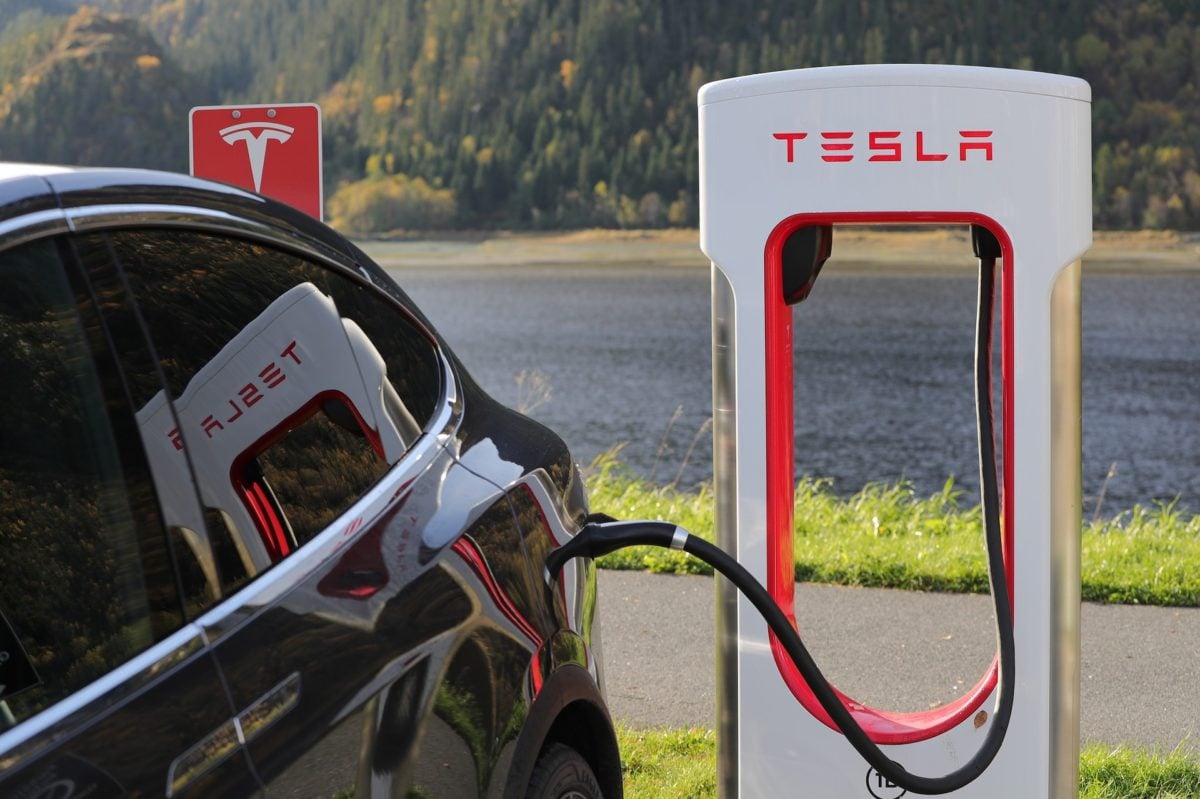In this first-round matchup, the COVID vaccine maker matches up with the electric vehicle innovator.
March 9, 2023
Welcome to our 7investing March Madness competition! Throughout this campaign, we’re matching popular stocks up against one another to determine which will be the best investment over the next three years. And then, by voting in the poll at the bottom of the article, you can help us determine which stock will go on to the next round!
Our rankings are determined by the total return of the stock during calendar 2022. The highest-ranked stock had the best overall return of those in our tournament, and our lowest-ranked stock had the lowest overall return.
In this first-round matchup, mRNA and COVID-vaccine developer Moderna (NASDAQ: MRNA) is up against the electric vehicle innovator Tesla (NASDAQ: TSLA). Moderna’s stock fell just (30%) during 2022, while Tesla tumbled (69%).
But past performance is not predictive of future returns. Which of these stocks do you believe will provide investors with the best forward three-year return? Read our investing thesis and cast your vote in the poll below!
Our Market Madness tournament is in support of our new 7investing Starter membership, which we are giving away free during the entire month of March. To get started with Starter — and to see how it’s already beating the market by 20 percentage points — click here to automatically apply your “madness” promo code.
Advisor Coverage: Dana Abramovitz

Moderna had a breakout “season” in response to COVID-19. One would think it would make it eligible for “Rookie of the Year”, but it turns out the company has been around since 2010. It was just applying a new thinking to repurpose a biological process, and it took a while to get its young team ready for the Big Dance.
Moderna uses mRNA (messenger RNA, the recipe template that tells our cells which proteins to make) to essentially turn our bodies into a protein-making factory. This process of turning a message into a protein is something that all cells do, from single-celled organisms to humans. Moderna, and other companies, organizations, and scientists who recognized how RNA could be a three-point shot, needed to figure out a way to safely dunk the mRNA in the right cells. This offense is actually up against a tough defense, our immune systems. But Moderna and others figured it out, coming down to the buzzer as COVID-19 spread throughout the world.
Moderna’s COVID-19 vaccine may have helped it advance to the 7investing “Sweet Sixteen”, but the company has a pipeline of other candidates targeting important indications such as other virus-based infectious diseases, cancer, cardiovascular disease, and rare diseases where a protein is mutated or missing. The company has its set playbook, essentially a delivery mechanism and the ability to make a new RNA message, deliver it to cells, and have the cells make the protein that is either missing from the cells or can be secreted by the cells to create the desired immune response. It’s quite a brilliant system, and one that Moderna was able to use to rapidly make and adjust its moves, like a point guard, as the Coronavirus mutated and new variants tried to deflect our bodies’ immune response. It will be important to watch as these other candidates, still in the early stages, drive down court towards the net and to see how the FDA referee responds.
One may question whether its COVID-19 vaccine brought it up through the ranks of the last few seasons. It certainly helped. But it also pushed the company to challenge its technology and prove that it works. Sure, the company will continue to have drug candidates that foul out, but I think the technology, and the therapeutic risks and challenges associated with it, have now been well studied throughout the world. The markets may bounce as the company progresses candidates through the regulatory process, but with its validated technology, I think Moderna is going to be a contender for the long-term.
Advisor Coverage: Anirban Mahanti

Tesla’s mission is to accelerate the world’s transition to sustainable energy. Founded in 2003, it shocked the world with the launch of the iconic Roadster in 2008 – the first car to demonstrate that battery-electric vehicles (BEVs) could have range, performance, and still be enjoyable to drive. With a production rate of over 1.75 million units per year across its five models – Model S, Model X, Model 3, Model Y, and the Tesla Semi – Tesla aims to charge up its vehicle output by 50% annually between 2020 and 2030.
While Tesla is often compared to original equipment manufacturers (OEMs), it’s not just an automaker. Elon Musk considers Tesla a “chain of startups,” encompassing automotive manufacturing, engineering, automation, design, charging network, insurance, batteries, solar tiles, autonomous driving, semiconductor design, computing infrastructure, manufacturing technologies, and robotics, among others. This electrifying in-house approach sets Tesla apart from most OEMs, who outsource these complexities, making their innovation speed dependent on those partners.
Tesla is a once-in-a-century type of business, and its electric performance is genuinely shocking. Few complex manufacturing businesses have powered up at the rate of Tesla, and not many companies have openly set up such high-voltage goals. In the US market, we can’t find another large cap that has the potential to deliver 30%+ revenue growth over the next decade while also being hugely cash generative. While the honks of competition in the form of legacy auto companies coming and attempting to drain Tesla’s battery have decreased, we are still waiting to hear much enthusiasm for the company’s other initiatives, such as large-scale stationary storage, autonomy, or plans in the robotics arena. In other words, the market is still content, looking at Tesla as just another automaker, albeit with reasonable cost control, some pricing power, and, thus, good margins. Market participants are in for a real shock as Tesla’s other electrifying endeavors scale over time.
Elon Musk, the man leading the charge, is as much an asset as a risk. His political commentary and multiple other pursuits mean he is not always entirely charged up about Tesla. While this has been fine over the past 20 years, as the company matures and becomes more dominant, it must navigate tricky market power and dominance issues. It’s like playing a game of high-stakes chess, but instead of three dimensions, it’s 4D chess with Musk as the electrifying grandmaster. As long as he stays charged up and avoids distractions, we can expect Tesla to supercharge its ludicrous lead and leave the competition in the dust!
Will Moderna or Tesla be the better investment for the upcoming three year period? Cast your vote in our live poll below!
Welcome to our @7investing Market Madness tournament!
We're now in Round 1, Matchup 4: Moderna $MRNA vs Tesla $TSLA.https://t.co/UFSNO2Hi8B
Which of these two companies will provide the greater investing return over the next 3 yrs?#investing #stocks #covidvaccine #elonmusk
— 7investing (@7investing) March 9, 2023
Yesterday’s matchup paired Microsoft (NASDAQ: MSFT) up against SoFi Technologies (NASDAQ: SOFI).
Our analysis showed Microsoft’s incorporating of AI into its enterprise software to be a huge boon to future business. And SoFi continues to grow rapidly as the digital lender-of-choice, who’s national banking charter is further strengthening its competitive position.
Ultimately, SoFi won 57% of the vote and will be progressing on to the next round.

Already a 7investing member? Log in here.